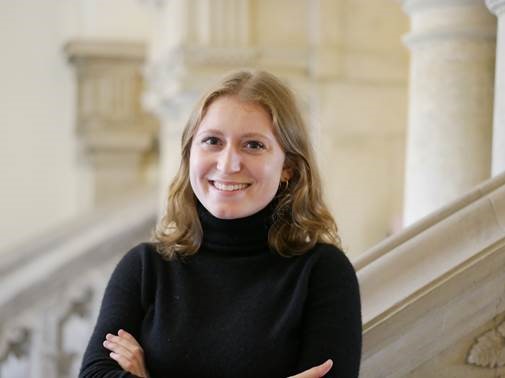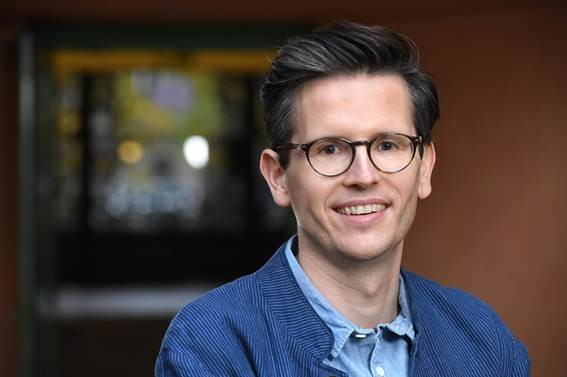Civil Society in the Corona Crisis in Germany – Which Implications for Cohesion and Polarisation?
The following text draws on first empirical findings from the research project SolZiv – The Potentials of Civil Society: Solidarity and Crisis Management – which examines the role of civil society during the crisis and gauges the wider societal implications for social cohesion and polarisation.
Societal crises – whether they are of an economic, environmental or social nature – usually have two faces. First and foremost, crises have a destructive effect. They destroy livelihoods, perpetuate or exacerbate existing inequalities, or result in a severe loss of trust in politics and institutions. At the same time, however, crises can also be moments of solidarity and cohesion: This has become apparent in the aftermath of natural disasters, but also in the context of social crises, such as the grassroots mobilizations of the Great Recession or the overwhelming willingness to help during the so-called ‘refugee crisis’ of 2015.
Unlike previous moments of crisis, however, the contact restrictions of the Corona crisis risked depriving civil society of its central means of action. Would civic and political engagement remain possible in such a restricted public sphere? What happens when citizens cannot physically support each other in a moment of crisis? And what consequences does this have for social cohesion? While these questions will likely lead to different answers in contexts of shrinking civic spaces (i.e., in autocracies or backsliding democracies), in the following, we present a brief look into how the pandemic affected civil society in Germany.
A Moment of Solidarity and Cohesion
To begin with, concerns about a complete standstill in social and political engagement were quickly refuted. Neighbours and volunteers immediately started to organise support groups for those in need, and in the realm of political engagement, creative forms of protest emerged, both online and in public space. In a survey of 3,000 individuals in Germany, around 60 percent of respondents stated that they offered support to individuals outside of their household during the first months of the crisis: This included helping with grocery shopping, childcare or offering other forms of everyday support. Notably, however, the vast majority provided support within their own social circle: Around 82 percent supported friends and family, followed by neighbours (50 percent) – only around 15 percent supported people they did not know before. Mirroring this, the findings suggest that having a larger social network was crucial in receiving sufficient support. Further, while (especially informal) parts of civil society became activated or found ways to remain active, organised civil society has taken a strong hit: Around 75 percent of the organizations surveyed report experiencing negative to very negative effects of the crisis, and around 10 percent were unable to resume their day-to-day activities by the end of 2020. Depending on the ability of organized civil society to recover, these findings suggest a further informalisation of civil society.
New Dynamics of Polarisation
Giving a face to anti-science and post-factual undercurrents, Germany saw the rapid rise of an anti-Corona movement, voicing opposition to the Corona measures with regular street protests. As Edgar Grande and colleagues show, their potential should not be underestimated: From June to November 2020, around 20 percent of respondents in Germany consistently expressed understanding for the protests, while around one in ten would join the protests themselves. However, the group of respondents who explicitly oppose the protests has also grown over time: While this suggests polarisation, it also implies that the movement has forced the larger public to take a stand against an outright denial of the crisis.
As in previous crises, therefore, we do not observe a trade-off between polarisation and cohesion. A widespread prosocial activation has given the impression that cohesion is strengthened, while organised civil society has been strongly compromised. At the same time, the pandemic brings new conflictual tendencies to light that motivate debates about common truths or long-standing inequalities. Both dynamics are crucial for societies to rethink the way they want to live together; therefore, in times of crisis we need to examine who is missing out from solidarity and cohesive experiences, while also understanding how polarisation can foster public deliberation and generate new alliances.

Gesine Höltmann, Doctoral Researcher, Center for Civil Society Research |

Prof. Dr. Swen Hutter, Deputy Director, Center for Civil Society Research |
Additional Information:
For a longer discussion of the findings in German please see the authors’ recent publication in the WZB Mitteilungen.
